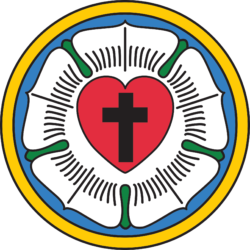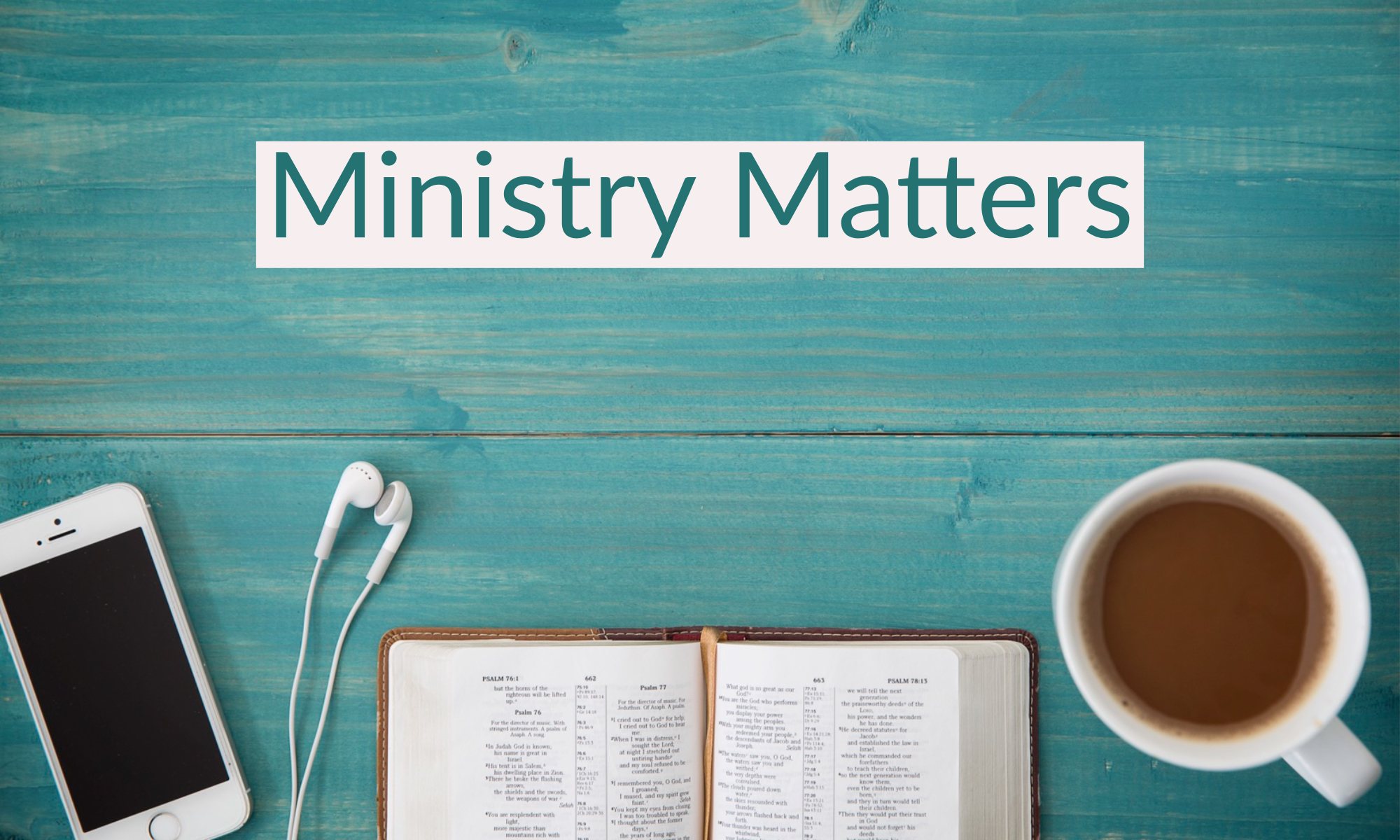Therefore, if anyone is in Christ, he is a new creation. The old has passed away; behold, the new has come. All this is from God, who through Christ reconciled us to himself and gave us the ministry of reconciliation; that is, in Christ God was reconciling the world to himself, not counting their trespasses against them, and entrusting to us the message of reconciliation.
— 2 Corinthians 5:17-19 ESV
.
Anyone who watches TV news, reads news reports or listens to commentators will be familiar with the charge that we are living in a more polarized time than at any other point in our history. When one researches at least U.S. history (I’m not as familiar with Canadian history), one finds it difficult to conclude our day and age is more polarized. Equally polarized, yes. More? Our human nature always seems to divide and isolate us from one another.
The dictionary states that polarization “usually refers to how people think, especially when two views emerge that drive people apart, kind of like two opposing magnets.” Examples of this are readily found in politics, society, business and international affairs. Sadly, we also find polarization within the Body of Christ!
In the Christian congregation in Corinth in the time of St. Paul, there was great polarization, causing great conflict, division and disunity. Martin Luther wrote about this in his Commentary on1 Corinthians, saying:
St. Paul had taught his Corinthians Christian faith and freedom from the law. But then the mad saints came along, and the immature know-it-alls. They broke up the unity of the doctrine and caused division among the believers. One claimed to belong to Paul, the other to Apollos; one to Peter, the other to Christ. One wanted circumcision, the other not; one wanted marriage, the other not; one wanted to eat food offered to idols, the other not … some did not believe in the resurrection of the dead, and some thought lightly of the sacrament … Meanwhile they let the main thing drop — namely that Christ is our salvation, righteousness and redemption — as if they had long since outgrown it … Yet such peoplecan never know our Lord Christ, unless they first become fools again and humbly let themselves be taught and led by the simple word of God.
Are we in the Body of Christ more polarized and divided than those living in Corinth in the first century? Are we in the North American Lutheran Church united as a church body, immune to political machinations, differences over liturgy and worship, unaffected by pressures within and without the Church? Are our congregations one in faith and love, humbly allowing ourselves to be taught and led by the “simple Word of God?” Do we seek unity, forgiveness and reconciliation, according to the “simple Word of God,” or do we allow our opinions, perspectives, hurts and wounds to drive us apart, like two opposing magnets?
We would like to say that this is not how we live in the Body of Christ — whether in the NALC or our individual congregations! Anyone who has lived in Christian community, whether in home, family or church, must admit that, at times, we miss the mark, are divided and cling to our divisions and polarizations. Sometimes we are anything but “ambassadors for Christ,” entrusted with the “ministry” and “message of reconciliation.”
How can the Church, our congregations and we become ambassadors of reconciliation, committed to the ministry and message of reconciliation?
1. Let us become fools again, and humbly let ourselves be taught and led by the simple Word of God. Although the NALC was formed by and grounded in a commitment to the truth and authority of God’s Word, it is not enough to say that — we are to mean it and live it. Our every disagreement, division or conflict is to be handled in accordance with the Word of God, and, in particular, Matthew 18:15-17. There ought to be no situation in the Body of Christ that is not guided by the Word of our Lord — encouraging direct, person-to-person communication, with the goal of honesty, integrity, repentance, forgiveness and, ultimately, reconciliation!
2. We are to be “new creations” in and through the death and resurrection of Jesus Christ. God reconciled us to Himself through Jesus Christ. However, that reconciliation was not to end with God and us. We are to then be ministers — ambassadors for Christ and for the reconciliation He intends to bring to all! In response to God’s act of reconciliation in Jesus Christ, we are called and sent to seek forgiveness, healing and restoration in every relationship and situation. Anything less is to be unfaithful and inattentive to the Word of God.
3. We are to live differently than the world lives. We are to be in the world but not of the world, as our Lord prays for His disciples at the Lord’s Supper(John 17:14-15). When disciples and the Church begin to look like “the world,” there is obviously a problem. When disciples and the Church handle conflict, division and disunity in a worldly, secular manner, there is a problem. The Church is not then being the Body of Christ, able to witness to the world a different way, a new way, as new creations in Christ Jesus.
4. “Beloved, let us love one another, for love is from God, and whoever loves has been born of God and knows God … if God so loved us, we also ought to love one another” (1 John 4:7, 11 ESV). Jesus said, also at the Last Supper, “By this all people will know that you are my disciples, if you have love for one another” (John 13:35 ESV). In a church body that is focused on the Great Commission, discipleship and disciple-making, it is clear that we are to be known by our love for our Lord, love for one another and love for the world. Anything less hinders our witness to the world. Anything less is a barrier to discipleship and disciple-making. Anything less implies we are not Jesus’ disciples! Because God loves us, in Jesus Christ our Savior, let us love one another.
In this season of Lent, a time of reflection, repentance and renewal, let us consider how we are called, not to division, disunity and polarization, but to forgiveness, reconciliation and unity. Let us embody our love for one another every Sunday, as we confess our sins, receive forgiveness and share the peace of Christ as those who have been redeemed and reconciled through the blood of Jesus, the Lamb of God who died to take away the sins of the world. May we have a holy and blessed Lent which leads us to a joyful Easter!


